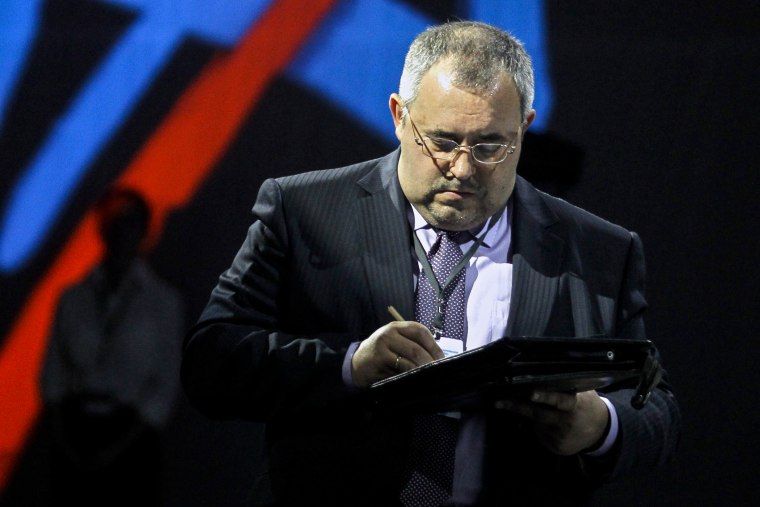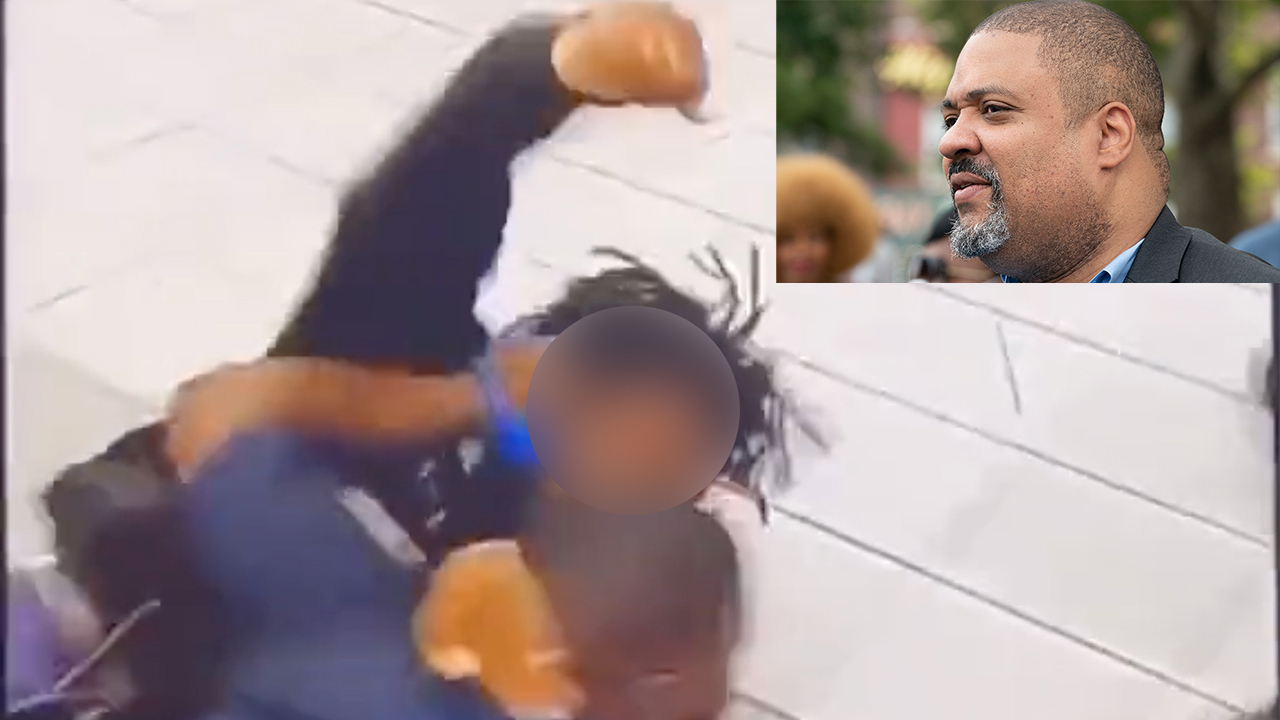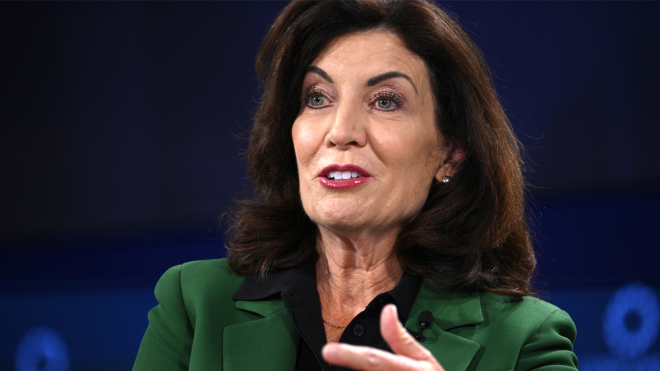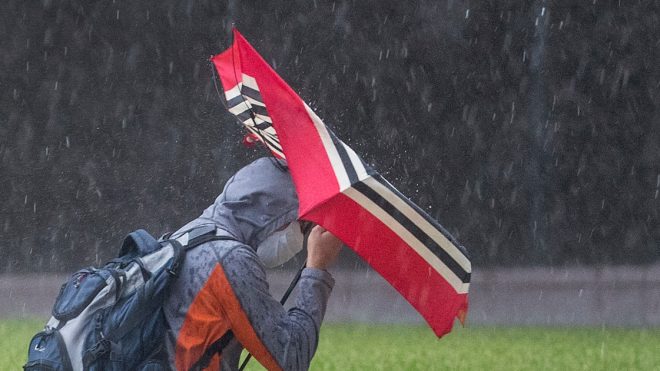A general mobilization would allow the military to increase the draft, call up more of Russia’s 2 million reservists, and give the Kremlin the opportunity to put pressure on its manufacturing base to prepare for war. However, it would require intensive training and the rededication of resources and the economy, which may delay its impact on the battlefield until at least the spring.
Major Russian cities, where life has largely continued as normal and where inhabitants have not yet sustained as many casualties as its rural districts, could also see backlash as a result.
Putin would be in a very politically risky position if he started sending young men from Moscow and St. Petersburg, who are more influential politically than those from the provinces, to die in Ukraine while Russia is losing, according to Kristine Berzina, a senior security and defense policy fellow at the German Marshall Fund.
The Kremlin was not discussing full mobilization, according to Dmitry Peskov, Putin’s spokesperson, but he did say that the discussion was welcome to a point.
Critical viewpoints might be regarded as plurality as long as they adhere to the law, he said. However, the line is incredibly thin. Here, caution is required.
PURSUE PEACE?
There have been other voices in Russia calling for the invasion to halt and the departure of the troops.
This week, statements made by politician Boris Nadezhdin on Russian television that the Kremlin had little chance of winning and should concentrate peace talks went viral online.
We have reached the point when we must realize that Ukraine cannot be defeated, Nadezhdin said on state-run NTV on Sunday. He also criticized the Kremlin’s colonial war tactics and its employment of contract soldiers and mercenaries without mobilization.
On Tuesday, Nadezhdin told The Associated Press that he did not fear jail and that he did not think he had broken any laws against insulting the military or disseminating false information about the fight.
He assured the news agency that not a single false statement was made in what he said. There was a declaration of facts that were crystal clear.

Early in the conflict, Moscow and Kiev began talks but made little real headway toward a peace agreement. Any agreement might require concessions that neither party is ready to make in light of Putin’s territorial ambitions and Ukraine’s growing confidence in its ability to recapture lost territory.
Putin’s mounting detractors are clearly harming him, as there is growing pressure to both intensify and terminate the military assault. Putin even acknowledged that Xi Jinping had reservations and questions regarding the war on Thursday following their meeting.
Kimmage said that calls for his resignation, such as the one made this week in a petition by 50 municipal deputies, could be signs of greater dangers to Putin’s ability to maintain his position of authority as well as a sign that some Russian politicians are beginning to hedge their bets and see cracks in his strongman façade.
According to him, that will be the most fascinating political development to follow in Russia over the coming few months. They are taking a political risk by doing it, but if the Russian army actually loses, I don’t believe Putin will be able to live.
THE ELECTRONIC OPTION?
Some commentators have cautioned that a cornered Putin would turn to Russia’s nuclear arsenal with his own position being potentially more vulnerable as the fight moves in favor of Ukraine.
Since the beginning of the conflict, concerns about a nuclear confrontation between Russia and NATO have diminished, but analysts warned that it may still be possible for Putin to launch a small-scale tactical attack against Ukraine.
A move like that would probably yield very modest military benefits while generating geopolitical fallout, which would make it more likely than not that the Kremlin would lose control of the situation.













